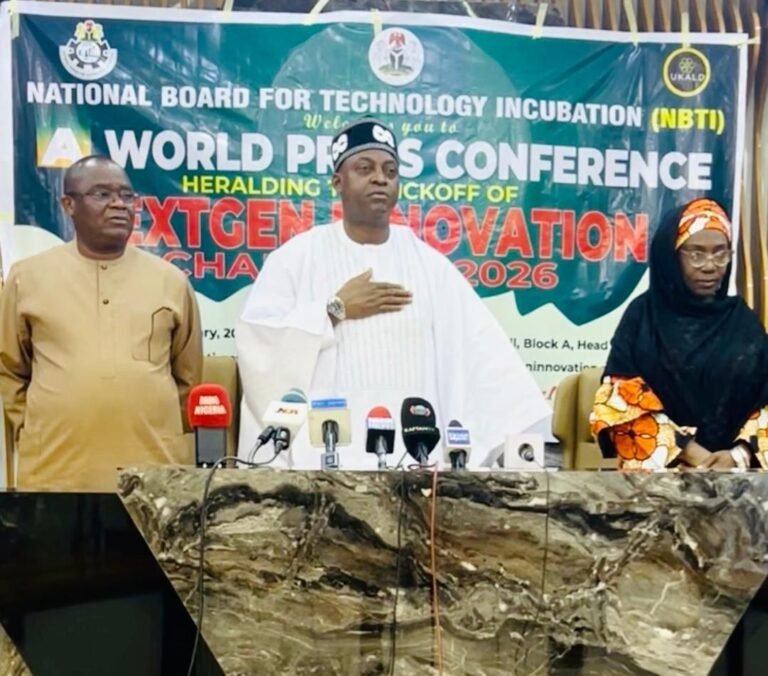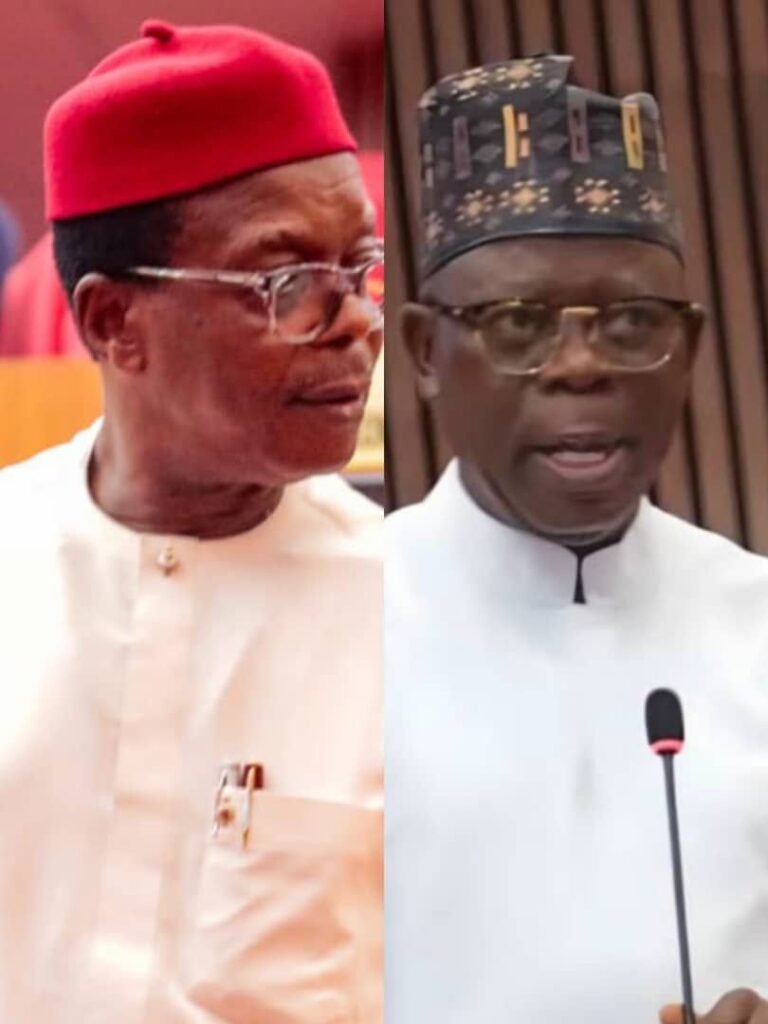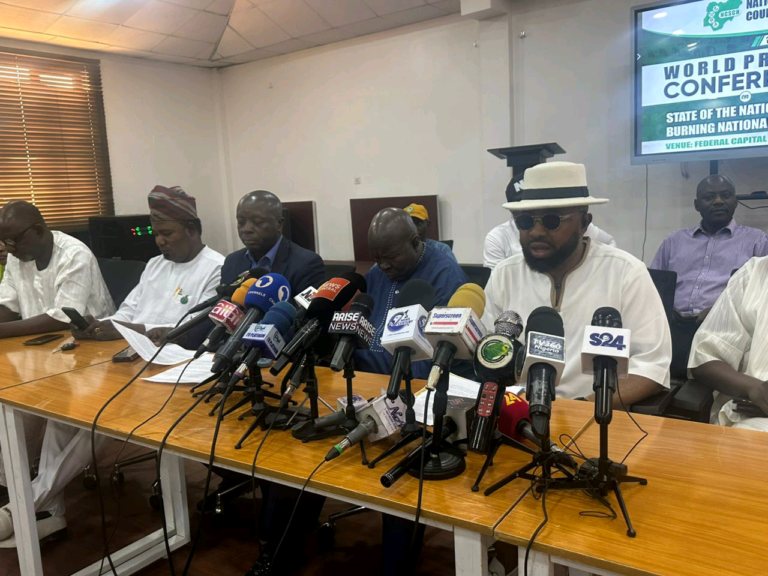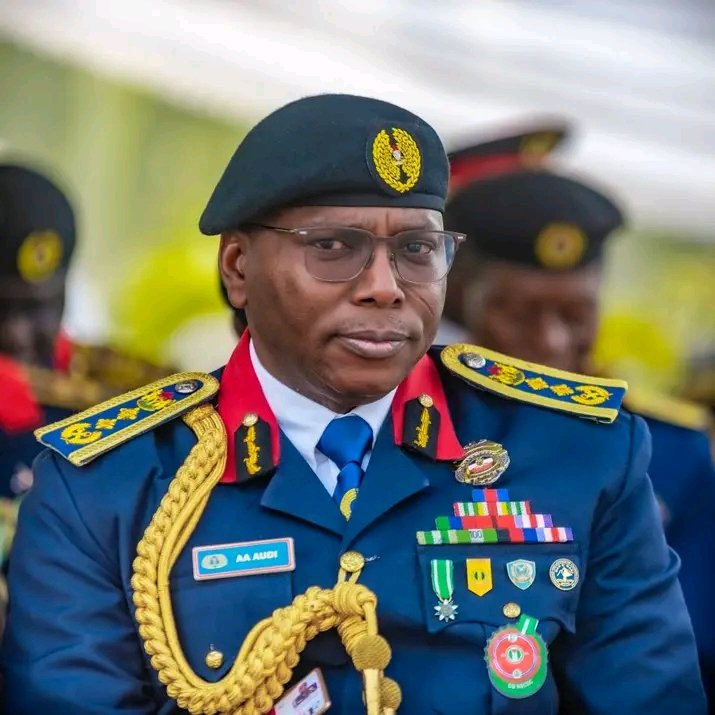

Nigeria strengthens fight against health misinformation with national workshop
By Abujah Racheal
October 28, 2025
The Nigeria Centre for Disease Control (NCDC) convened the Infodemic Management Action Planning Workshop, bringing together ministries, health agencies, media organisations, and civil society partners to strengthen Nigeria’s response to health misinformation.
The two-day workshop on Tuesday in Abuja, aimed to develop a unified national reference document for infodemic management, improve rumour reporting mechanisms, and foster cross-sector collaboration.
The News Agency of Nigeria(NAN), reports that participants shared lessons from the COVID-19 pandemic, including door-to-door sensitisation, leadership engagement, and proactive rumour monitoring.
With Nigeria’s proactive leadership Mrs Hannatu Bello, Head of RCCE & Infodemic Management at NCDC, explained the importance of collaboration in tackling health misinformation.
Bello stated that a united front of health professionals, media, community actors, and digital platforms is crucial for safeguarding public health. “Strengthening trust and improving access to accurate health information must remain at the heart of all communication strategies,” she added.
Dr Kingsley Igwebuike, Health Promotion & Infodemic Management Focal Point at WHO Nigeria, outlined the workshop’s objectives, stating the need to develop a unified reference document, strengthen cross-sector collaboration, share lessons and tools, and improve accountability and rumour reporting.
Igwebuike highlighted that these measures are critical to creating a coordinated, data-driven approach to combating health misinformation and enhancing public trust in government-led health initiatives.
Ms Elodie Ho, Coordinator of the African Infodemic Response Alliance (AIRA), said the importance of evidence-based, coordinated approaches. “It’s not enough to react.
“You need a system that listens, prepares, preempts, acts, monitors, and strengthens resilience,” she said.
Ho stressed pre-bunking misinformation, teamwork, and partnerships with fact-checkers like Africa Check.
She also highlighted tools such as Canva-based templates to create locally relevant social media content.
Mr Sunday Awosoro, Dubawa representative led a session on fact-checking and misinformation verification.
Awosoro explained the differences between misinformation, disinformation, and malinformation, and demonstrated tools including Google Trends, reverse image search, Perplexity AI, Invid, and SightEngine to track and verify rumours.,
Ms Hannah Bolajoko Ajayi, Programme Assistant, Nigeria Health Watch, shared insights on challenges in online and offline rumour monitoring, citing resource limitations and the rise of misinformation around antimicrobial resistance.
Mr Simon Idoko, Deputy Director of Health and Social Care at the National Orientation Agency (NOA), highlighted the agency’s efforts during the recent Rubella vaccine rollout.
Idoko explained that Community Orientation and Mobilisation Officers (COMOs) were actively engaging communities, addressing doubts, and informing people about the importance of taking the vaccine.
“Our mobile communication vans were deployed across all 36 states, airing jingles and health education messages.
“Our work is to orient, sensitise, inform, and raise awareness about government policies and activities, including vaccination campaigns and routine immunisations,” he said.
Ms Racheal Abujah, Public Health Correspondent at NAN, reaffirmed the agency’s support for the National Infodemic Management Team (NIMT).
Abujah said that NAN is committed to nationwide dissemination of verified information, amplification of accurate health messages, and strengthening public trust in government-led health initiatives.
Mr Junaid M. Junaid, Senior Health Education Officer and Lead of the Infodemic Management Unit at NCDC, said the workshop reflected Nigeria’s broader commitment to risk communication and health security.
Junaid added that it aligns with international regulations and the Joint External Evaluation framework, ensuring the country is better equipped to respond to public health threats in a rapidly evolving information environment.
Dr Mya Ngon, Cluster Lead and Disease Prevention and Control, WHO Nigeria, highlighted the central role of trust-building
And innovation in infodemic management.
“The public must trust that information is accurate, timely, and actionable.
“We must listen, learn, and adapt constantly,” she said.
Ngon stressed that feedback adoption is essential for effective communication and resilient public health strategies.
(NAN)






